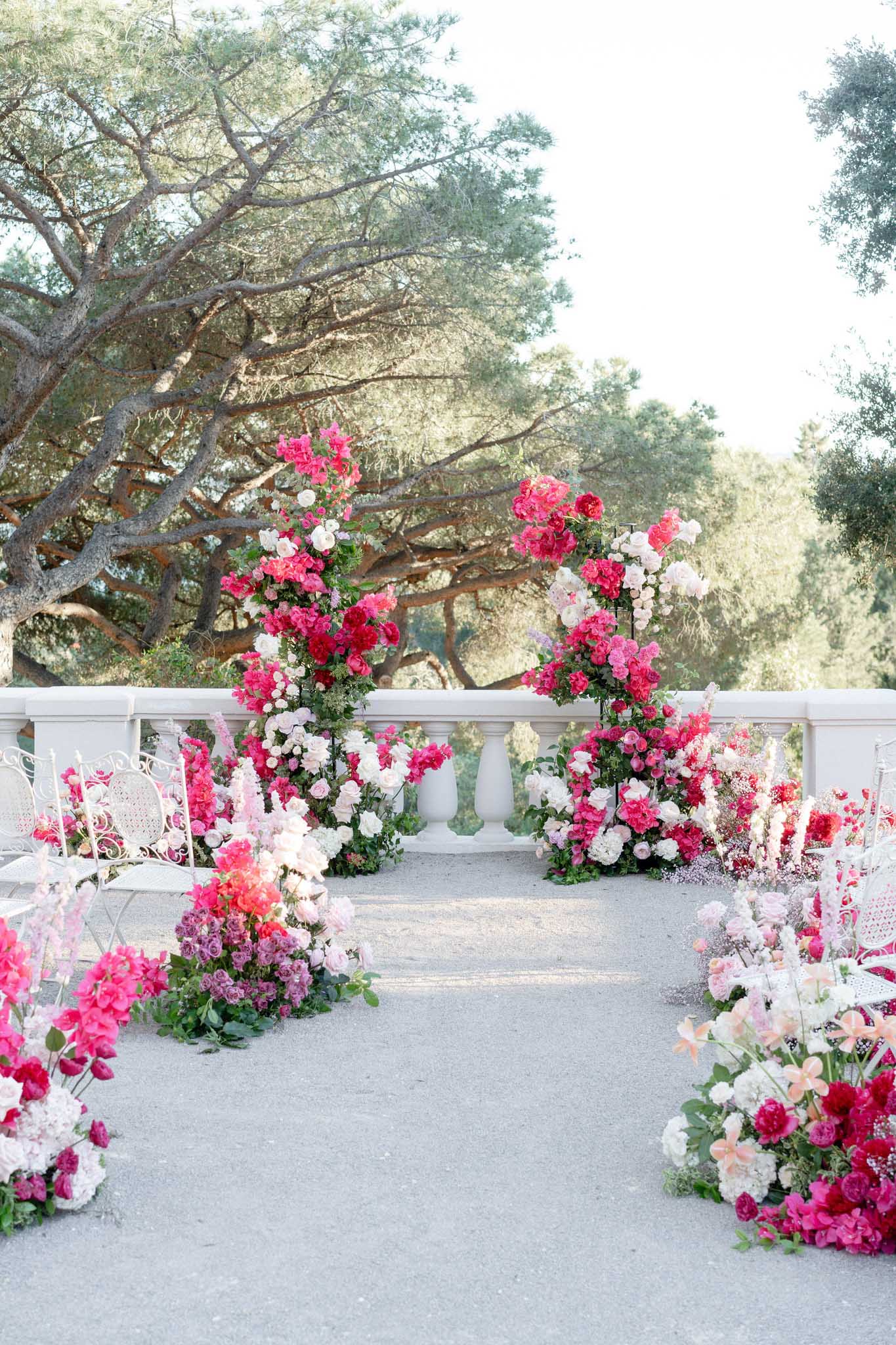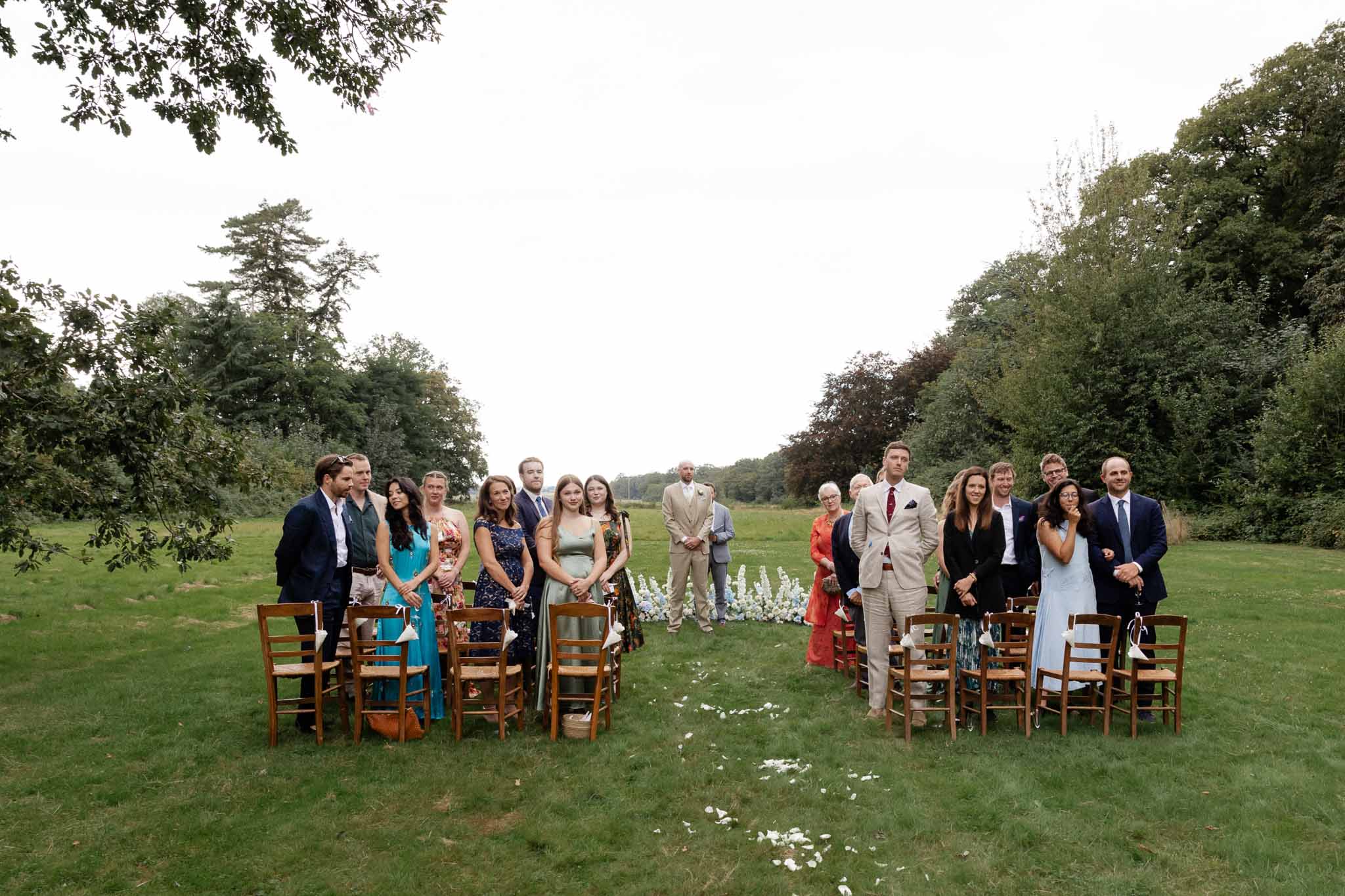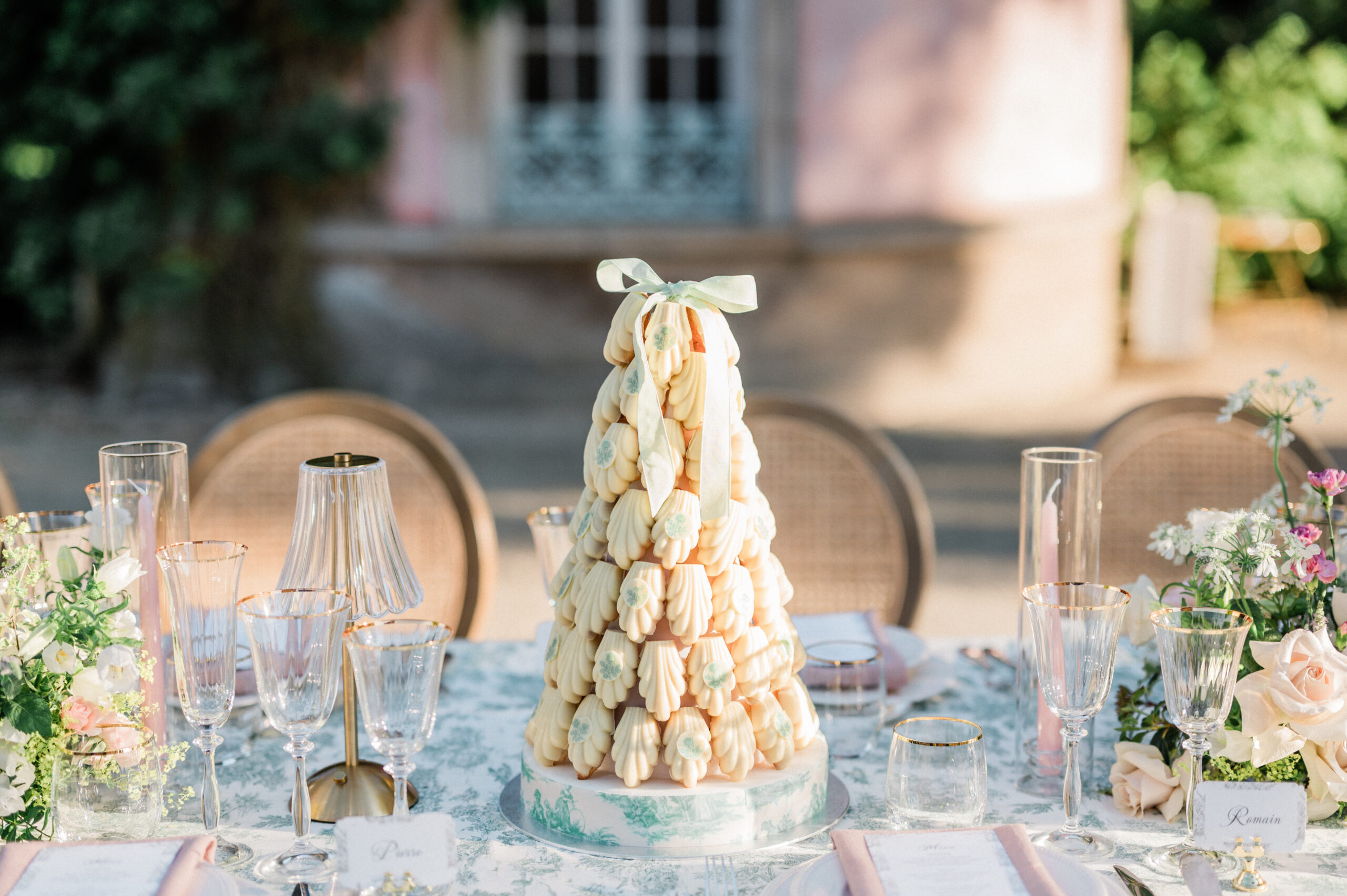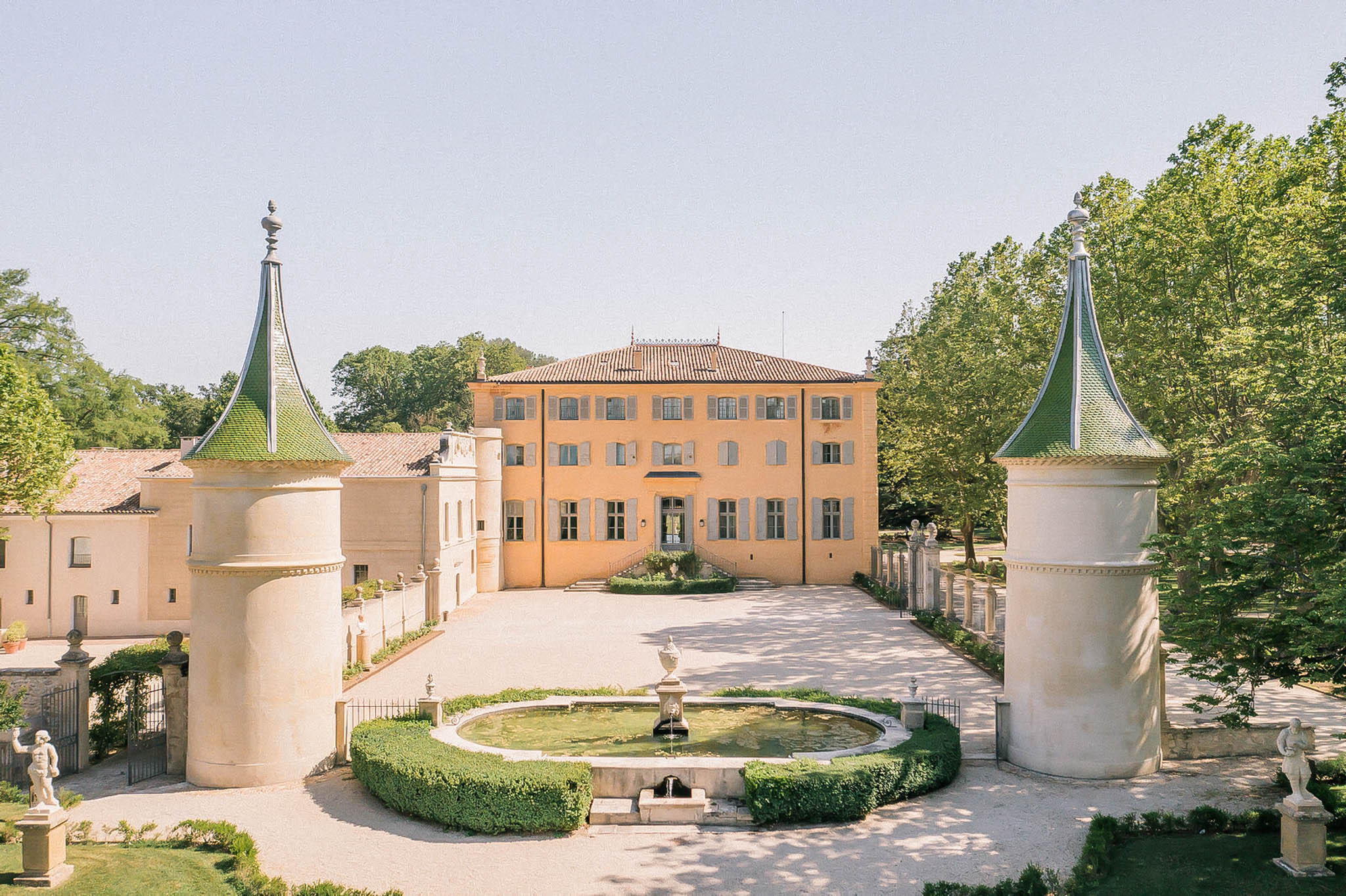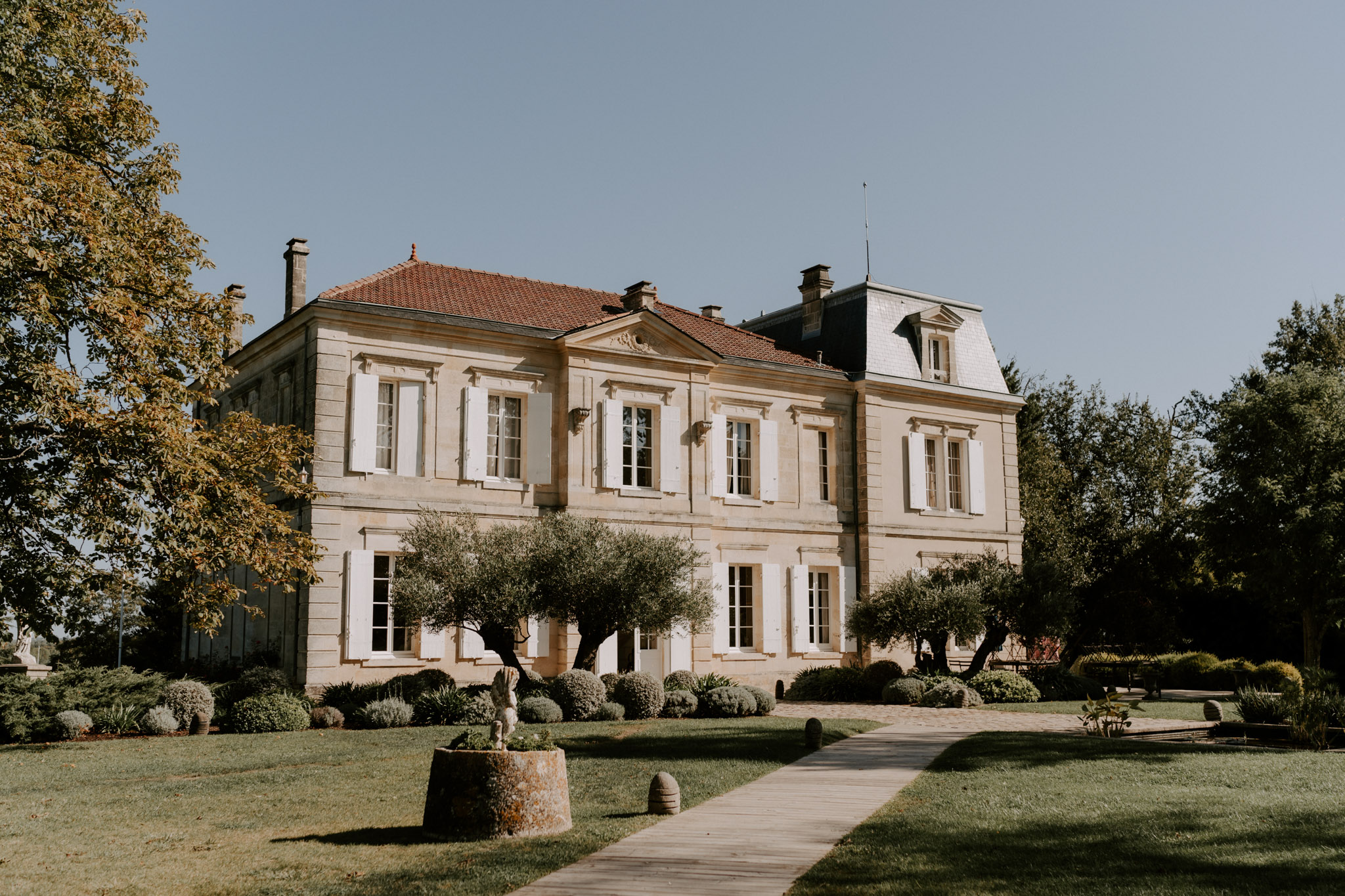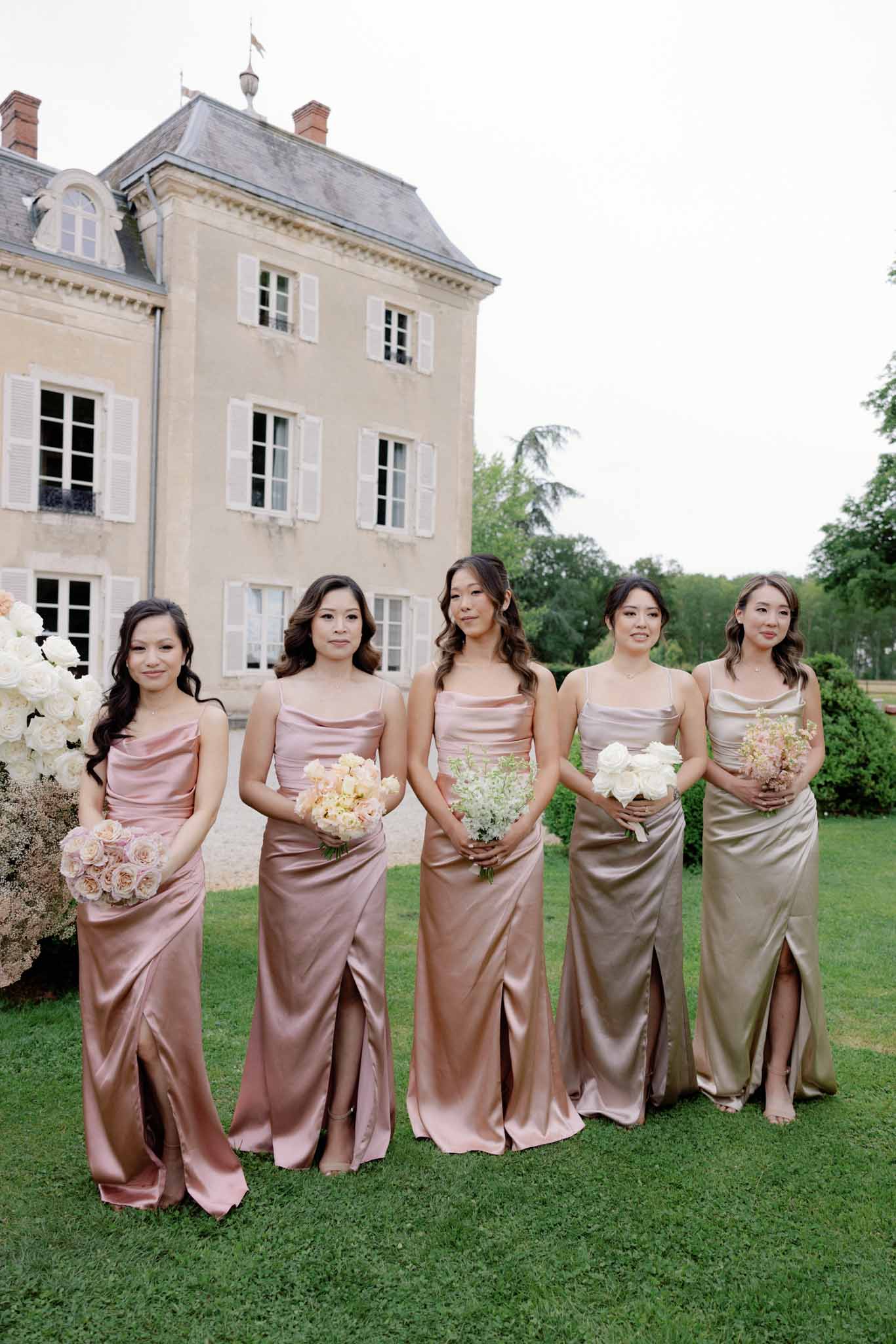Planning a destination wedding is one of life’s most exciting journeys, but it can also be one of the most complex. With countless decisions to make, vendors to coordinate, and details to manage, many couples turn to professional wedding planners to help bring their vision to life. However, finding the right planner—someone who not only understands your vision but has the expertise to execute it flawlessly—requires asking the right questions.
The following guide presents 20 essential questions to ask a wedding planner designed to help you evaluate potential wedding planners thoroughly. These questions go beyond the basics of availability and pricing to help you understand their experience, working style, and approach to bringing wedding dreams to reality.
Experience & Background
1. “How long have you been planning weddings professionally, and approximately how many weddings have you planned?”
Why It Matters: Experience level directly impacts a planner’s ability to handle challenges and anticipate problems. A seasoned planner will have established vendor relationships and proven problem-solving skills. While newer planners can be talented, understanding their experience helps set appropriate expectations.
2. “Do you have experience planning weddings with our specific cultural traditions/requirements?”
Why It Matters: If your wedding includes specific cultural or religious elements, your planner should understand these traditions and their significance. This ensures proper incorporation of traditional elements and respectful handling of cultural customs.
3. “Can you provide references from recent couples and vendors you’ve worked with?”
Why It Matters: Speaking with past clients gives insight into the planner’s working style, reliability, and ability to execute. Vendor references indicate their professional reputation and ability to work well with others in the industry.
4. “Have you planned events at our desired venue(s) before?”
Why It Matters: Familiarity with your www.frenchweddingstyle.com/wedding-venues/ means knowledge of its quirks, restrictions, and potential challenges. A planner who knows the venue can better plan logistics and may have established relationships with the venue staff.

Source: Heritage Story
Services & Support
5. “What wedding planning packages do you offer, and what specific services are included in each?”
Why It Matters: Understanding exactly what’s included helps prevent misunderstandings and ensures you’re getting the level of support you need. Some couples need full-service planning, while others might only require month-of coordination.
6. “Will you be our primary planner throughout the process, or will we be working with other team members?”
Why It Matters: You want to know who you’ll be communicating with and who will be making decisions on your wedding day. If multiple team members are involved, understand how responsibilities are divided.
7. “How many other weddings will you be coordinating during the month of our wedding?”
Why It Matters: This indicates how much attention your wedding will receive. Too many simultaneous events could mean divided attention, while too few might indicate lack of demand or experience.
8. “What happens if you’re ill or unable to be present on our wedding day?”
Why It Matters: Understanding the backup plan is crucial. A professional planner should have contingencies in place, including qualified colleagues who can step in if needed.

Source: Heritage Story
Budget & Payments
9. “What is your fee structure, and are there any additional costs we should be aware of?”
Why It Matters: Clear understanding of costs prevents surprise expenses. Ask about travel fees, overtime charges, or additional staff costs that might not be included in the base price.
10. “Do you have relationships with vendors that could result in discounts or preferred pricing?”
Why It Matters: Established planners often have relationships that can lead to better pricing or added services. However, be sure these relationships don’t limit your choices or result in higher overall costs.
11. “How do you help couples stay within their budget, and how do you handle unexpected expenses?”
Why It Matters: A good planner should have strategies for budget management and be able to explain how they handle common budget challenges or unexpected costs.
12. “What is your payment schedule and cancellation policy?”
Why It Matters: Understanding payment terms and cancellation policies is crucial for financial planning and protecting your investment.
Related Article: How Much does a Wedding Planner in France Cost?

Source: Heritage Story
Communication & Planning Process
13. “What is your preferred method of communication, and what is your typical response time?”
Why It Matters: Aligned communication styles and clear expectations about response times prevent frustration. Some planners prefer email, while others use planning apps or text messages.
14. “How many in-person meetings are included, and how often will we communicate during the planning process?”
Why It Matters: Understanding the level of access you’ll have helps set realistic expectations for the planning process and ensures you’re comfortable with the level of interaction.
15. “How do you handle disagreements between couples or with family members about wedding decisions?”
Why It Matters: Wedding planning can involve emotional family dynamics. A good planner should be able to mediate conflicts professionally while keeping your preferences central.
16. “What online planning tools or software do you use to keep everyone organized?”
Why It Matters: Modern planning tools can streamline communication and organization. Understanding these systems helps you know how you’ll track progress and share information.
Related Article: Your Ideal Destination Wedding Planning Timeline
Day-of Coordination
17. “What time will you arrive on the wedding day, and when will you depart?”
Why It Matters: Know exactly how much coverage you’re getting on your wedding day. Some planners arrive early for setup and stay through cleanup, while others might have more limited hours.
18. “How many assistants will you have on-site during our wedding day?”
Why It Matters: Larger weddings require more staff to run smoothly. Understanding the staffing plan ensures adequate coverage for all aspects of your event.
19. “What is your plan for handling unexpected issues or emergencies during the wedding?”
Why It Matters: Experienced planners should have clear protocols for common emergency situations, from weather issues to vendor no-shows.
20. “Will you handle the wedding setup and teardown, including managing vendors and timeline?”
Why It Matters: Clear understanding of the planner’s role in setup and teardown prevents confusion about responsibilities and ensures smooth transitions between events.
How to Use These Questions:
- Prioritize: Not all questions may be equally important to you. Focus on those most relevant to your needs.
- Listen Carefully: Pay attention not just to what the planner says, but how they say it. Are they confident? Professional? Enthusiastic?
- Take Notes: Document responses to compare different planners and refer back during decision-making.
- Ask Follow-Ups: Don’t hesitate to ask for clarification or examples.
- Trust Your Instincts: Beyond the answers themselves, consider how comfortable you feel with the planner’s personality and approach.
- Pro Tip: Before your consultation, bookmark or print out these questions to ask wedding planners so you can refer to them during your meeting. This will help ensure you don’t forget any important points during your conversation.
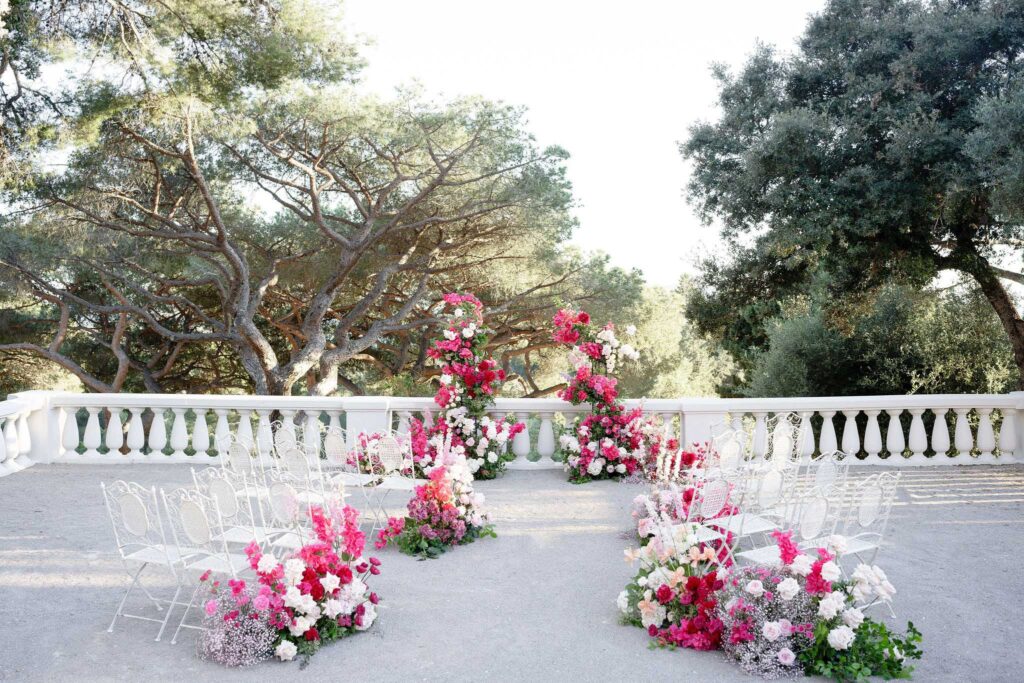
Heritage Story
Questions to Ask a Wedding Planner: Making Your Final Decision
After exploring these essential questions to ask your wedding planner, you’re now equipped with the knowledge needed to make an informed decision about your wedding planning partnership. Remember that while these questions provide a solid foundation for your interviews, your personal comfort level and connection with the planner are equally important factors in your final choice.



